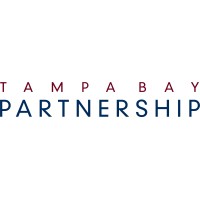
Mackinac Center for Public Policy
The Mackinac Center for Public Policy is a nonpartisan research and educational institute dedicated to improving the quality of life for all Michigan residents by promoting sound solutions to state and local policy questions. The Mackinac Center assists policy makers, scholars, business people, the media and the public by providing objective analysis of Michigan issues. The goal of all Center reports, commentaries and educational programs is to equip Michigan residents and other decision makers to better evaluate policy options. The Mackinac Center for Public Policy is broadening the debate on issues that has for many years been dominated by the belief that government intervention should be the standard solution. Our main initiatives focus on fiscal, labor and education policy, and we also house the Mackinac Center Legal Foundation, a public-interest law firm that uses strategic litigation and public outreach to secure the liberties of Michigan’s residents, workers, students and entrepreneurs.






